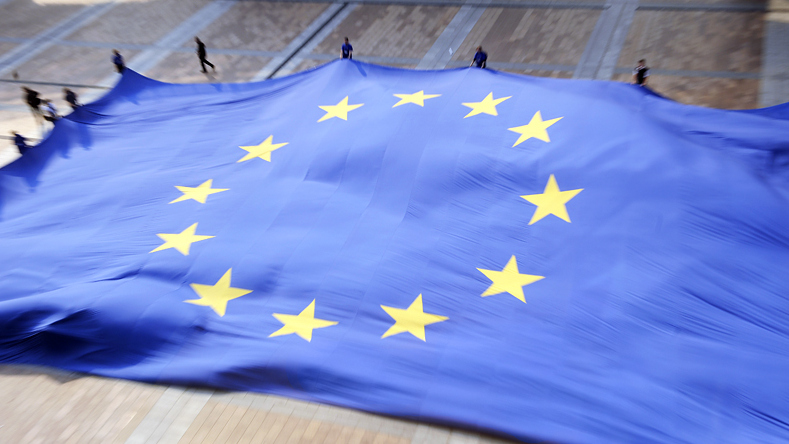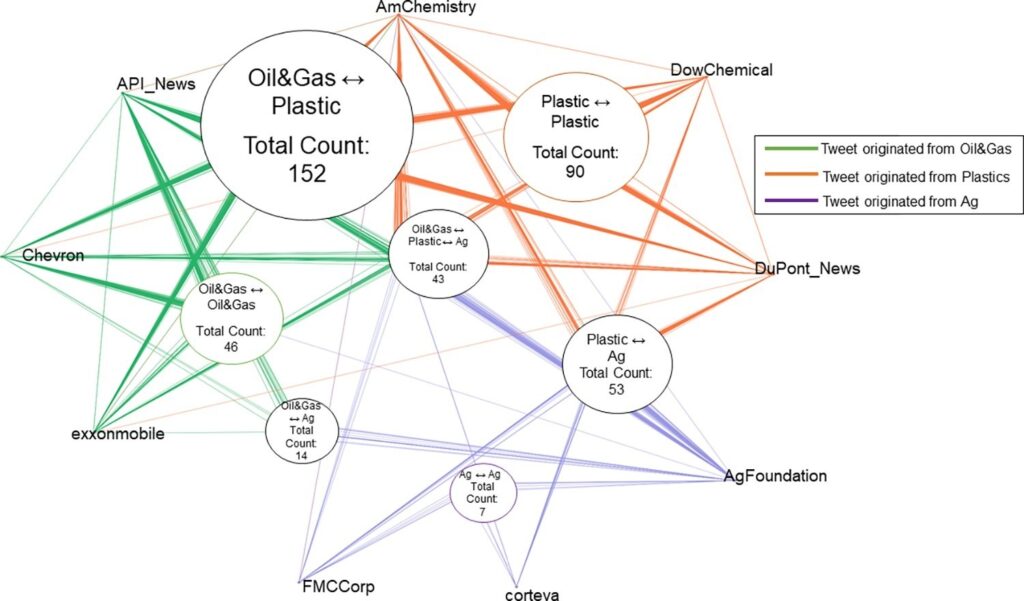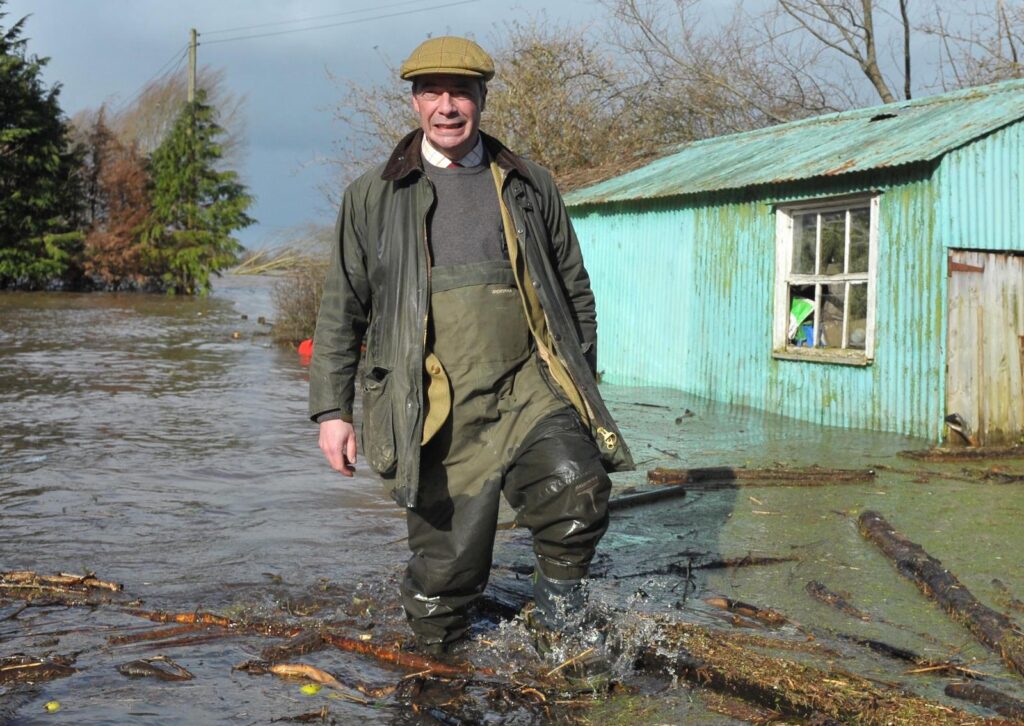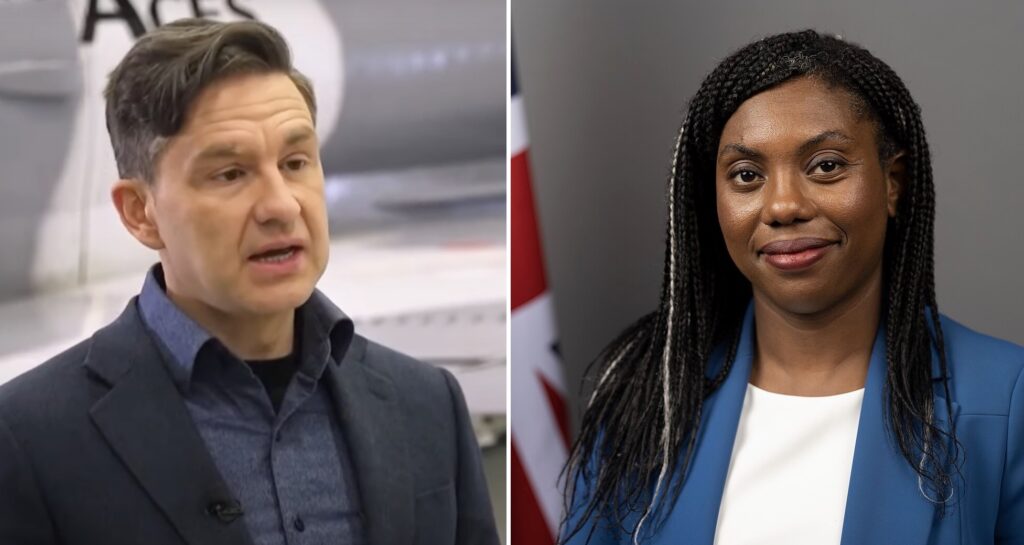Europe’s environment ministers omitted any mention of stopping vested interests participating in global climate negotiations in a formal statement released in advance of next month’s talks in Bonn, Germany.
The statement was released earlier this week at the conclusion of discussions between the environment ministers from the EU‘s 27 member states as part of the Council of the European Union.
In doing so, the council failed to follow the example of the European Parliament that last week passed a similar motion, which said that “ensuring effective participation requires that the issue of vested or conflicting interests be addressed” at the meeting. The council represents the voices of all the EU’s member state governments, in this case through the environment ministers, and has the power to include or omit positions promoted by the parliament.
Prior to the last round of talks in Marrakech last year, more than 270 business and industry groups were involved in lobbying the negotiations, according to a report from NGO Corporate Accountability.
At recent meetings, countries have been pushing for an enhanced transparency policy, and measures similar to article 5.3 of the World Health Organisation’s Framework Convention on Tobacco Control. The clause was adopted to protect policies from the vested interests of the tobacco industry.
Between them, fossil fuel giants ExxonMobil, Shell and BP spent around €11.75 million in 2016 on lobbying the EU, data from Integrity Watch shows.
Green party MEP Keith Taylor told DeSmog UK it was “very disappointing” that the council had not followed the Parliament’s lead in calling for the issue to be addressed.
“While council delegates will not be bound by the European Parliament resolution, MEPs attending the discussions in Bonn will pay mind to the call to exclude industry lobbyists and conduct their negotiations accordingly,” he said.
The council’s decision to omit any language calling for the exclusion of actors with a vested interest in dampening ambition to tackle climate change from the talks was also criticised by campaigners.
Jesse Bragg, Corporate Accountability’s media director, said the implication was that the council had “sided with the fossil fuel industry yet again and failed to formally acknowledge the need to protect climate policy against the vested interests of big polluters, despite the European Parliament clearly urging the need to act on this”.
Bragg warned that the US backsliding on the Paris Agreement was a reminder of the impact lobbying can have on climate policy.
“Across the pond, Donald Trump, Scott Pruitt and Rex Tillerson are proof of the dangers of standing on that side of history. Regardless of the council’s decision, the Parliament, which directly represent the people of Europe, has made clear that conflicts of interest must be addressed” in Bonn.
A spokesperson for the council confirmed the issue of protecting the climate talks from vested interests was not part of the ministers’ discussions.
Main image credit: European Parliament via Flickr CC BY–NC–ND 2.0
Subscribe to our newsletter
Stay up to date with DeSmog news and alerts







